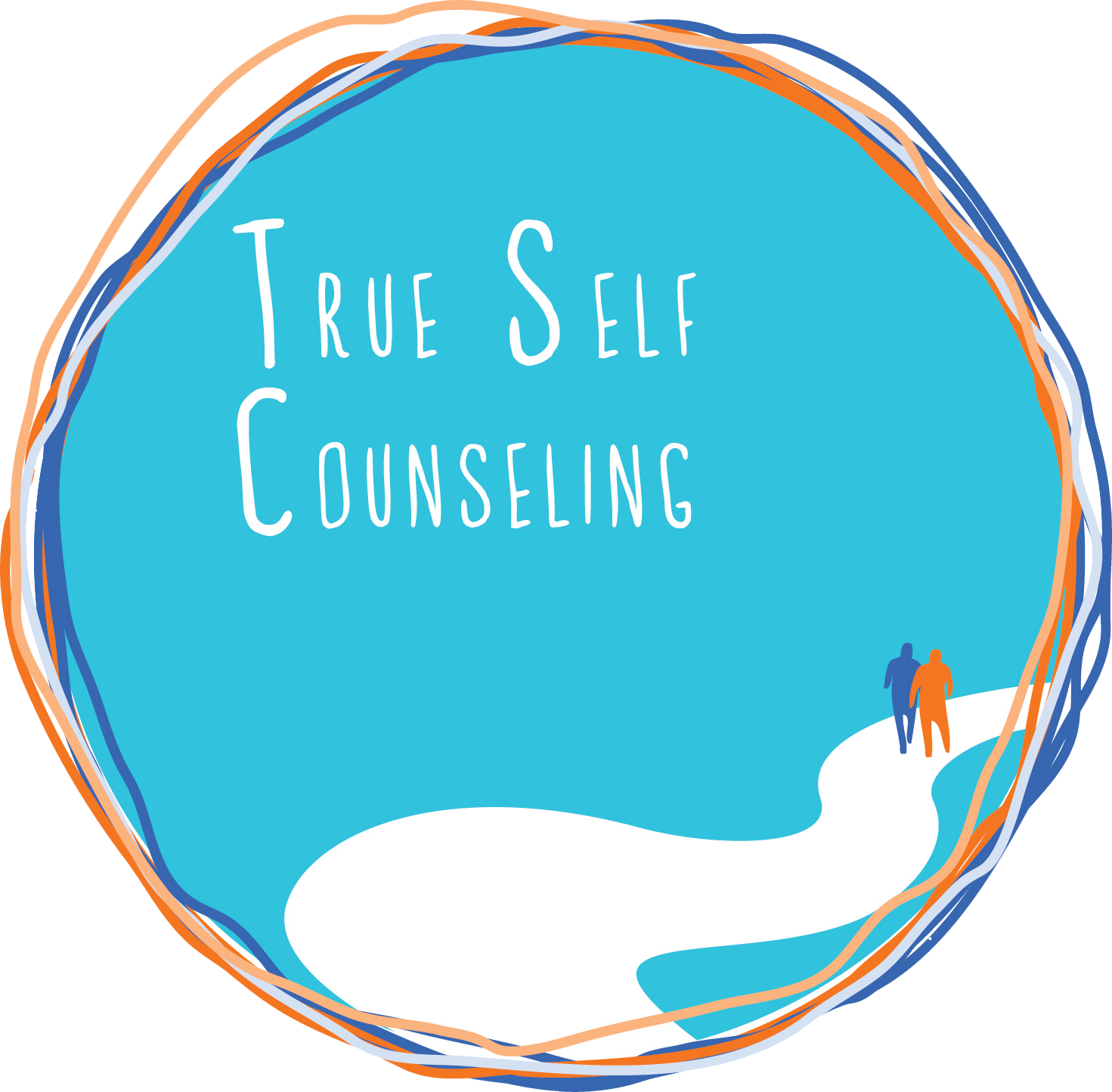As the seasons change and holidays approach, managing mental health becomes crucial. For many, these transitions can bring a mix of emotions, including excitement, stress, sadness, and more. Here are some strategies to navigate the potential impact on mental well-being during these times:
Acknowledge and Validate Emotions
Recognize that it’s normal to experience a range of emotions during seasonal changes and holidays. Whether it’s the joy of festivities or the pressure of expectations, validating your feelings is the first step in managing them.
Maintain Consistent Routines
Stick to regular routines as much as possible. Consistency in daily habits, such as sleep patterns, exercise, and meals, can provide a sense of stability during periods of change.
Set Realistic Expectations
Be realistic about what you can accomplish and what you expect from yourself and others during the holidays. Avoid overcommitting and focus on what brings genuine joy rather than succumbing to societal pressures.
Connect with Others
Loneliness and isolation can exacerbate low mood and negative outlook. Prioritize connection with loved ones, whether it be planning a fun activity together, catching up on a phone or video call, or just a quick meet-up for coffee. Be intentional about engaging in activities that help you feel a sense of community and support.
Mindful Practices
Mindfulness is a simple and effective practice for managing stress and promoting overall emotional well-being. It can be as simple as pausing for a moment to enjoy, soak in, and appreciate a nice experience. Choosing times to set your phone aside may help facilitate this, as it helps to minimize distractions that take you away from the present moment. Practicing gratitude (such as writing down an appreciation from the day), meditation (headspace is a great resource to facilitate the process), or yoga can help you stay connected to yourself and the here-and-now.
Manage Seasonal Mood Changes
Seasonal changes, particularly during fall and winter, can trigger changes in mood, from feeling tired and unmotivated, to feeling depressed and hopeless. For milder cases, exposure to natural light and engagement in outdoor activities can help reduce symptoms. If seasonal mood changes last more than one week, consider contacting a mental health professional to help you navigate to a better headspace.
Given the uniqueness of each individual, it’s important to recognize that various forms of self-care and coping strategies may work better for different people. By taking a proactive and mindful approach, you can successfully navigate the challenges of seasonal changes and holiday pressures, while maintaining balance and preserving well-being.
